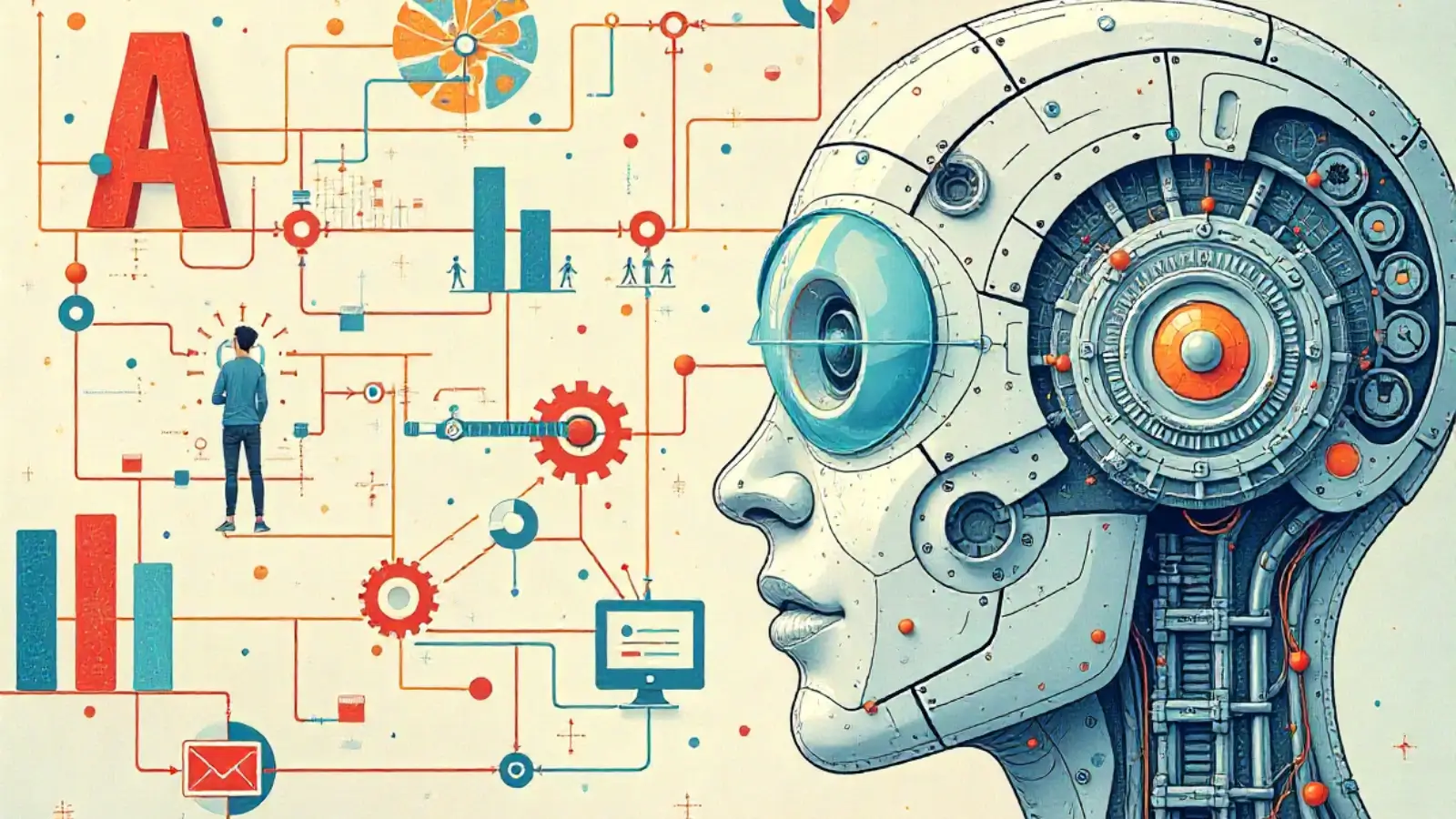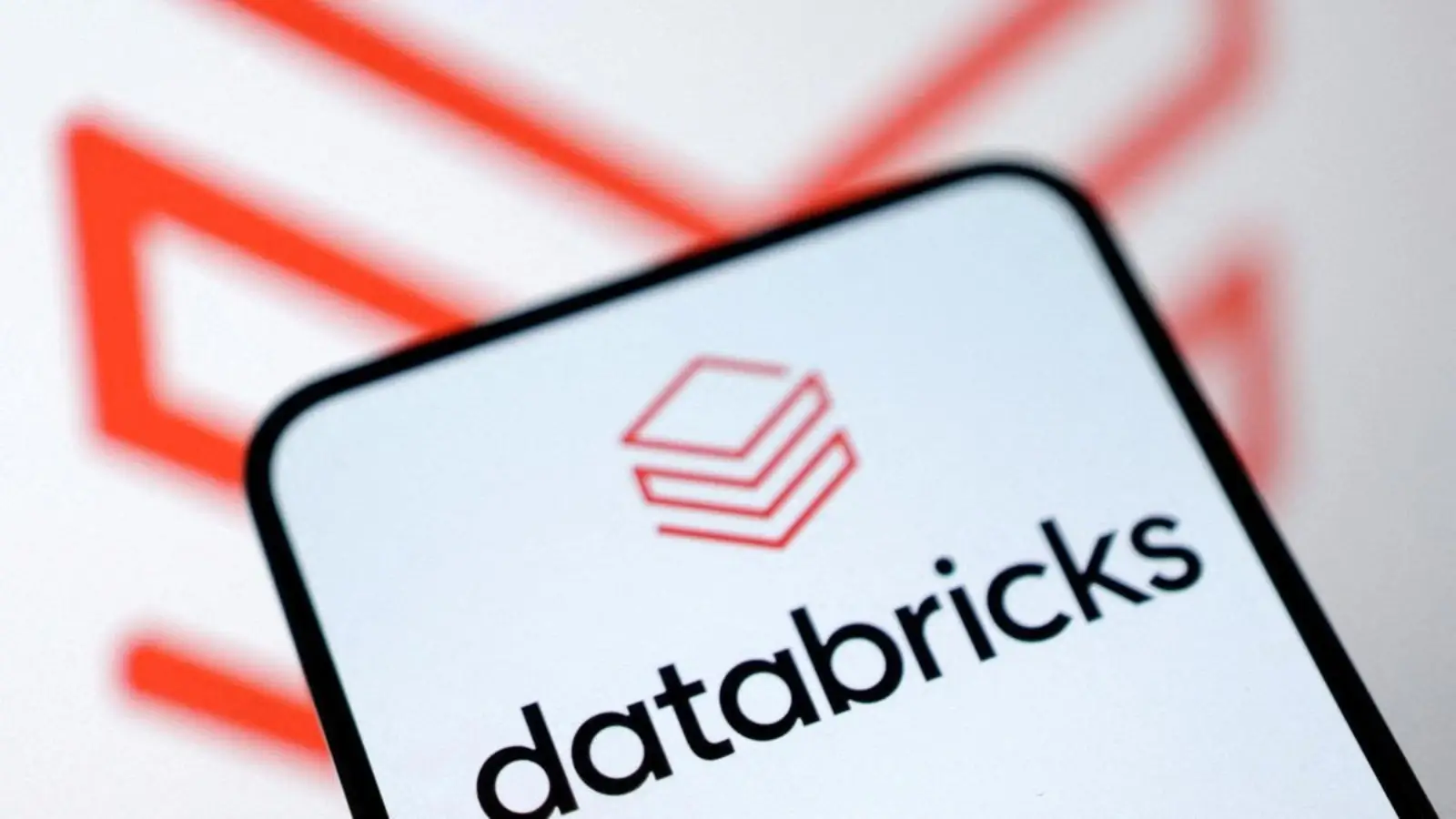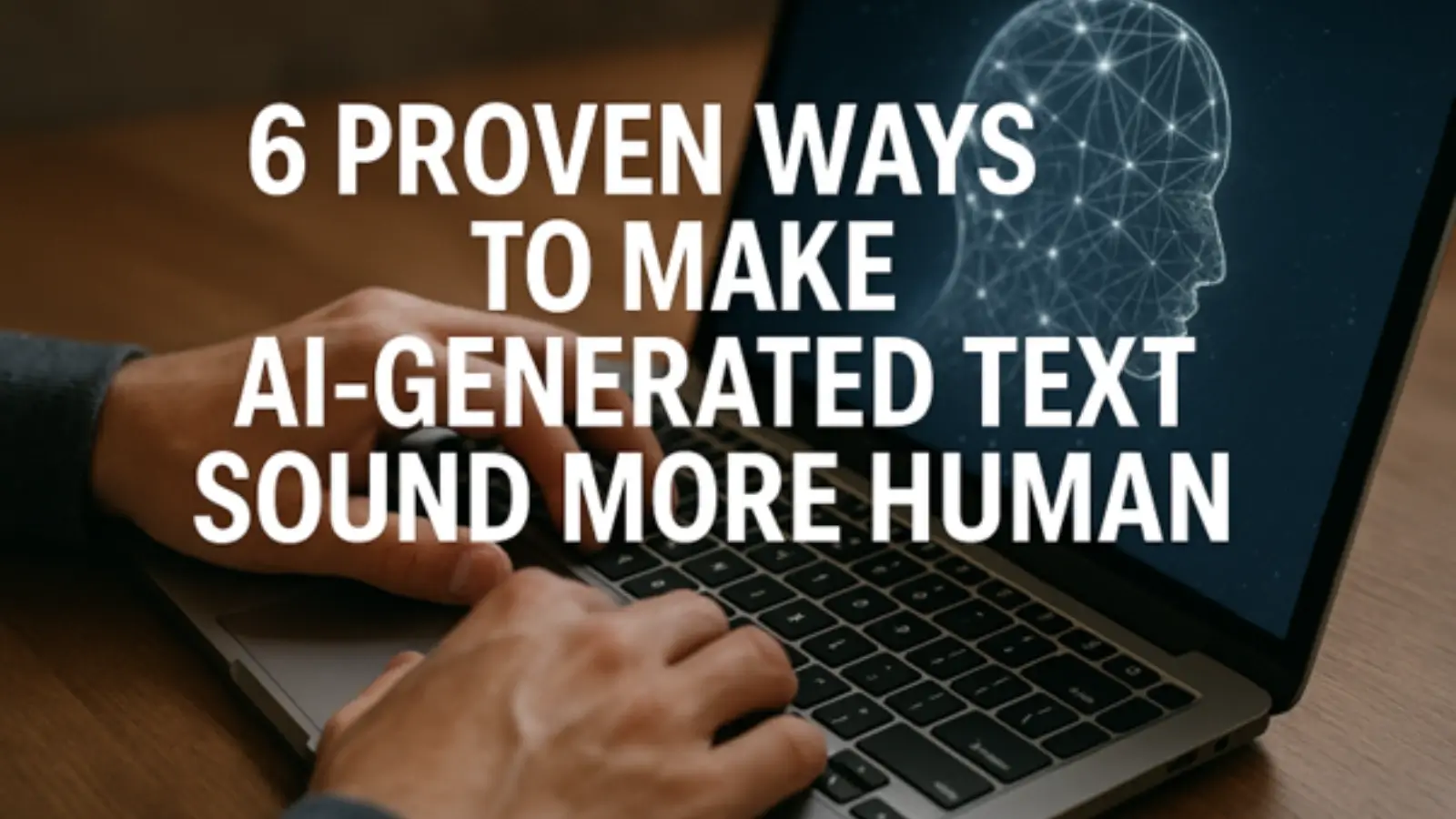Imagine opening your favorite shopping app, and it already knows what you're looking for. Or playing a playlist that feels like it was made just for your mood. That’s not magic, it’s artificial intelligence at work.
AI agents are rapidly transforming how users interact with digital platforms, offering hyper-personalized experiences that once seemed like science fiction. From content recommendations to real-time support, these agents are quietly making our digital lives more relevant, efficient, and enjoyable.
In this blog, let’s explore the role of AI agents in personalizing user experience, how they work, where they’re being used, and what the future holds.
What Are AI Agents?
AI agents are software systems powered by artificial intelligence algorithms. These agents can perceive their environment, process data, learn from interactions, and make intelligent decisions to achieve specific goals.
They go beyond automation; AI agents adapt and personalize based on a user's preferences, behavior, and past interactions. Whether it's a chatbot helping you find a product or an AI-powered news feed, these systems work behind the scenes to enhance user satisfaction.
Many modern businesses partner with an AI agent development company to build and integrate these intelligent agents into their digital platforms, ensuring a seamless and personalized user experience that evolves with each interaction.
Why Personalization Matters Today
In a world flooded with content, apps, and choices, personalization isn’t just a luxury; it’s a necessity. Users today expect platforms to understand their needs and provide relevant information instantly.
According to Accenture, 91% of consumers are more likely to shop with brands that provide relevant offers and recommendations. Personalization helps:
-
Boost user engagement
-
Increase conversions and retention
-
Build stronger emotional connections with brands
-
Improve customer satisfaction and loyalty
That’s where AI app development services shine.
How AI Agents Personalize User Experience
Here’s a closer look at how AI agents work their magic to tailor digital experiences:
1. Data Collection and Analysis
AI agents continuously collect and analyze user data such as:
-
Search history
-
Click patterns
-
Time spent on pages
-
Purchase behavior
-
Demographics
-
Device and location data
Using machine learning algorithms, AI agents uncover patterns and preferences that help predict what users want, even before they ask for it.
2. Behavioral Prediction
AI agents don’t just react—they anticipate. By analyzing historical data, they can:
-
Recommend products users are likely to buy
-
Suggest songs or videos based on mood
-
Offer content tailored to your reading habits
Netflix, for example, uses AI to analyze viewing habits and suggest content with uncanny accuracy.
3. Natural Language Processing (NLP)
Chatbots and voice assistants like Siri, Alexa, or Google Assistant use NLP to understand user queries, respond contextually, and improve conversations over time.
Advanced AI agents even learn tone and sentiment, making interactions feel more human and emotionally intelligent.
4. Real-Time Adaptation
One of the most powerful abilities of AI agents is their real-time adaptability. Whether you're navigating a website or using a mobile app, the interface and suggestions can shift dynamically based on your current actions.
Think of Spotify curating a personalized playlist just as your mood changes during the day, or an e-commerce platform adjusting deals based on your browsing activity.
Applications of AI-Powered Personalization Across Industries
Let’s explore how AI agents are personalizing user experiences in various sectors:
1. E-commerce
-
Personalized product recommendations
-
Dynamic pricing and offers
-
Smart chatbots for customer support
-
Targeted ads based on browsing behavior
Amazon and Flipkart use AI agents to show highly personalized product feeds, increasing user engagement and boosting sales.
2. Entertainment and Media
-
Personalized movie and music suggestions
-
Curated newsfeeds
-
Predictive content delivery
Netflix, YouTube, and Spotify all rely on AI-driven personalization to keep users glued to their platforms.
3. Healthcare
-
Personalized treatment plans
-
Virtual health assistants
-
AI-driven symptom checkers
Apps like Ada and Babylon Health use conversational AI agents to offer tailored healthcare insights based on user symptoms and medical history.
4. Finance
-
Personalized investment recommendations
-
Fraud detection based on behavior patterns
-
Smart budgeting tools
AI agents in fintech platforms like Robinhood and Cleo offer tailored financial advice and alerts.
5. Education
-
Adaptive learning platforms
-
AI tutors
-
Customized course content
EdTech tools like Duolingo or Khan Academy use AI agents to adjust difficulty levels and content pacing based on individual learner performance.
Benefits of AI-Powered Personalization
-
Increased Engagement: Personalized experiences capture attention and keep users returning.
-
Improved Conversion Rates: Relevant suggestions lead to faster decisions and more purchases.
-
Customer Loyalty: When users feel understood, they stick around.
-
Operational Efficiency: AI agents automate and optimize support, reducing manual workload.
-
Better ROI for Businesses: Targeted marketing and experiences translate into higher revenue.
Challenges in Implementing AI Agents
Despite the potential, AI personalization comes with challenges:
1. Data Privacy Concerns
Users are increasingly wary about how their data is used. Businesses must strike a balance between personalization and privacy, and comply with regulations like GDPR and CCPA.
2. Bias in Algorithms
AI agents can inherit biases from the data they are trained on, which may lead to unfair or inappropriate suggestions.
3. Over-Personalization
Too much personalization can feel invasive or limit users from discovering new things.
4. Technical Complexity
Building and maintaining AI systems that can scale and learn in real-time requires significant technical expertise and resources.
The Future of AI-Powered Personalization
The evolution of AI agents is just beginning. Here’s what the future holds:
-
Hyper-personalization: Micro-level customization, including voice tone, UI layout, and content length.
-
Emotion AI: Understanding user emotions in real time to offer better experiences.
-
Cross-platform consistency: Unified personalization across web, mobile, and voice interfaces.
-
Explainable AI: Transparent AI decisions that help users trust and understand recommendations.
As generative AI and multimodal models (text + image + voice) evolve, we’ll see even more context-aware agents capable of interacting more naturally and creatively.
Final Thoughts
AI agents are not just tools, they’re digital companions reshaping how we interact with technology. From recommending your next binge-watch to offering health advice or guiding your shopping experience, AI-powered personalization is becoming a fundamental expectation rather than a feature.
For businesses, embracing AI agents isn’t just about efficiency, it’s about creating meaningful, relevant, and human-centered experiences.
The future of user experience is personalized. And AI agents are leading the charge.

















